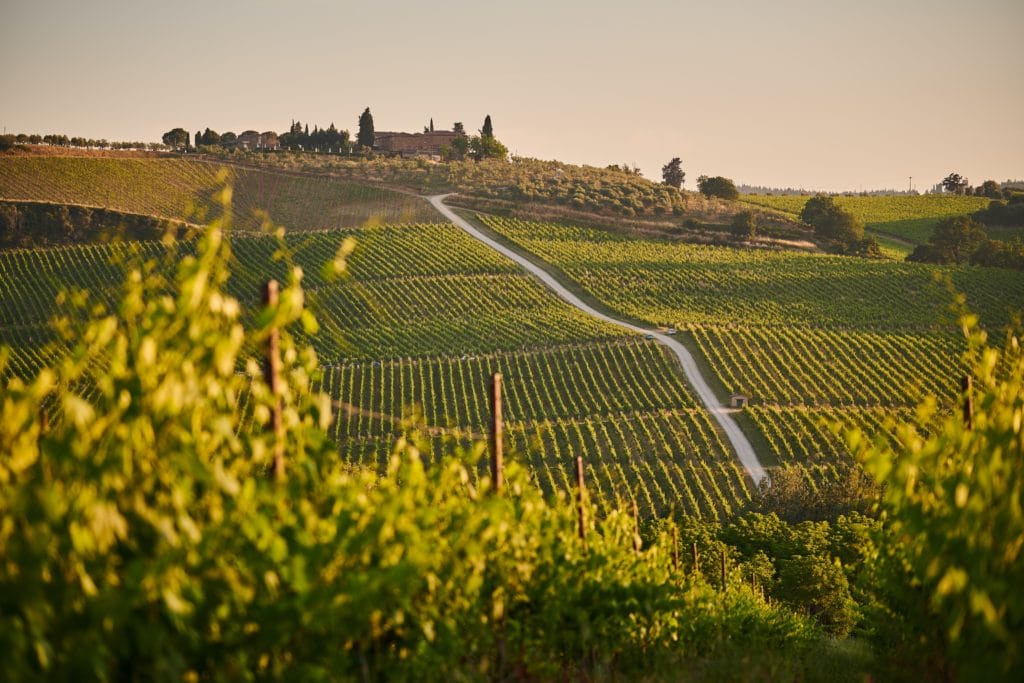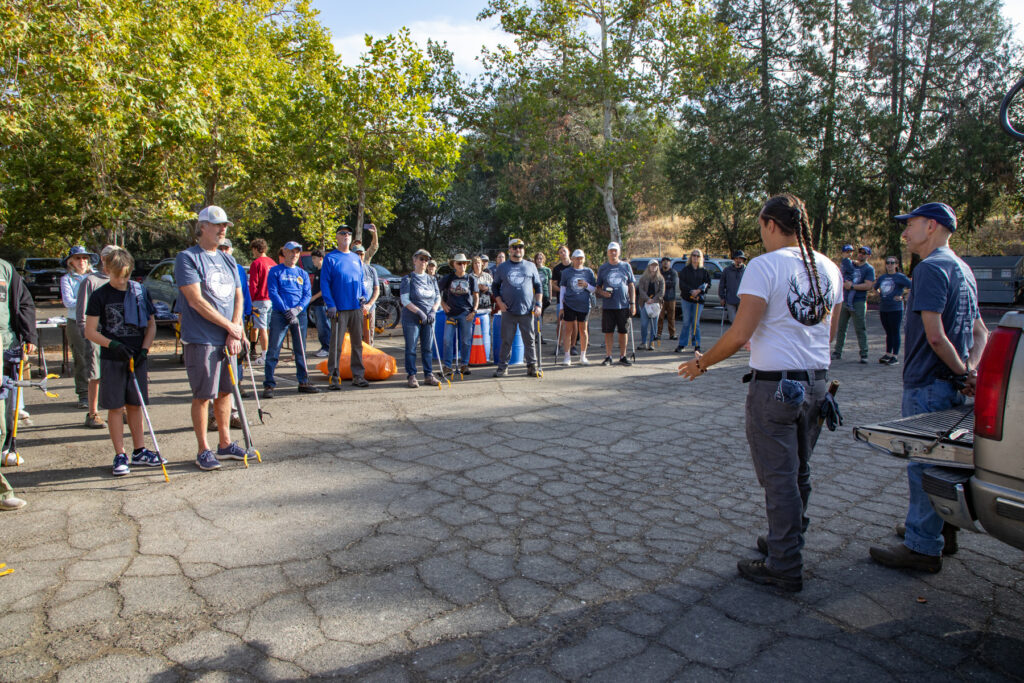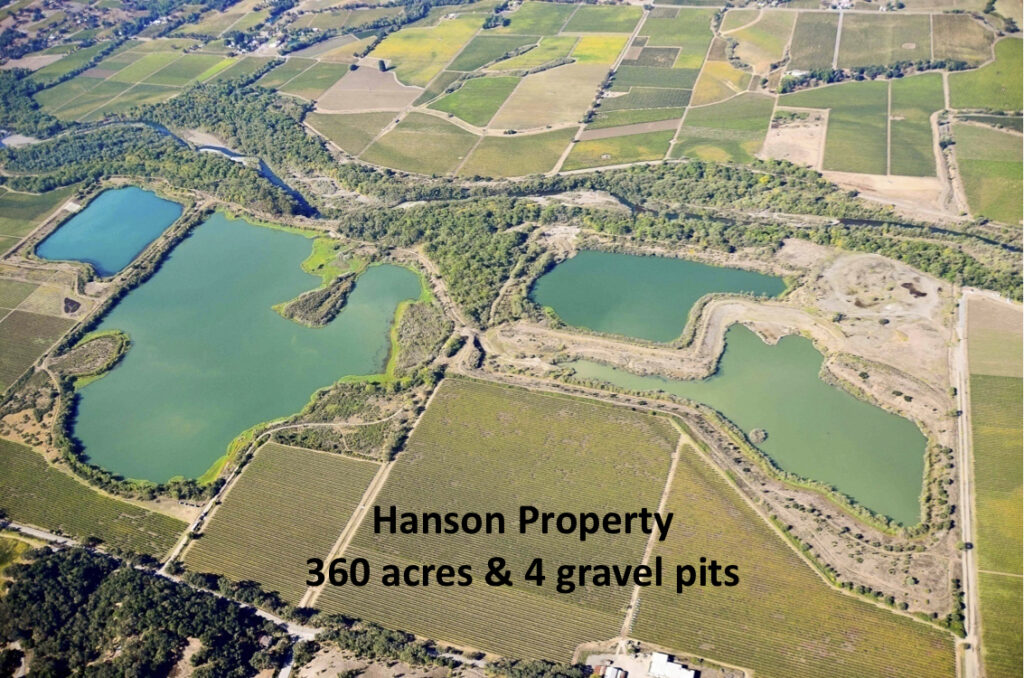The North Coast Regional Water Quality Control Board is currently working to draft a Waste Discharge permit for vineyard properties. The primary focus of this permit is to address the issue of sediment and nutrient runoff coming from some vineyard properties and entering our sensitive water habitats. Waters in the North Coast Region have been negatively impacted and impaired by sediment and nutrient loads for decades now, putting our many beneficial uses at risk. Uses including drinking water, recreation, and the needs of our most sensitive salmonid species.
Many in the vineyard industry are pushing back on the need for a strong regulatory program so that they can continue business as usual at the risk of our shared water resources. Vineyards throughout our region have participated in various voluntary programs for years now and want the Regional Board to accept these programs as equivalent to a regulatory permit that protects water quality. However, the voluntary programs fall far short of replacing a permit. The big difference is there are no measured benchmarks for water quality in the voluntary programs and clean water rules state they must collect water quality data to demonstrate their programs protect water quality.
It is time for vineyards to do their part to help protect our water resources and we have asked the Regional Board to strengthen their proposed permit to ensure that happens. In our comments, we specifically asked the Regional Board to ensure:
- All commercial vineyards are required to sample and monitor for all turbidity coming off their properties.
- All commercial vineyards are required to report their monitoring results to the Regional Board without aggregation or anonymity.
- All commercial vineyards are required to respond to sample exceedances with actual, effective adaptive management measures to ensure progress towards water quality goals are achieved.
- That the permitting program utilizes interim benchmarks to help measure progress towards water quality goals and ensure timely implementation of necessary mitigation measures.
- The permitting program is implemented in a timely manner such that water quality improvements are actually achieved and not further delayed for years on end.
- The permitting program is enforceable for any violation of terms and that there are actual consequences for failure to implement measures that are necessary to protect water health.
We believe these key issues must be brought to the forefront if we want our unique waterways to be protected from harms caused by sediment and nutrient runoff. Please join us and share your own stories of how you’ve been impacted by vineyard practices in our waterways. You can email your comments to advocacy@russianriverkeeper.org. As new information becomes available, we will provide periodic updates to help keep you involved in this important issue.






